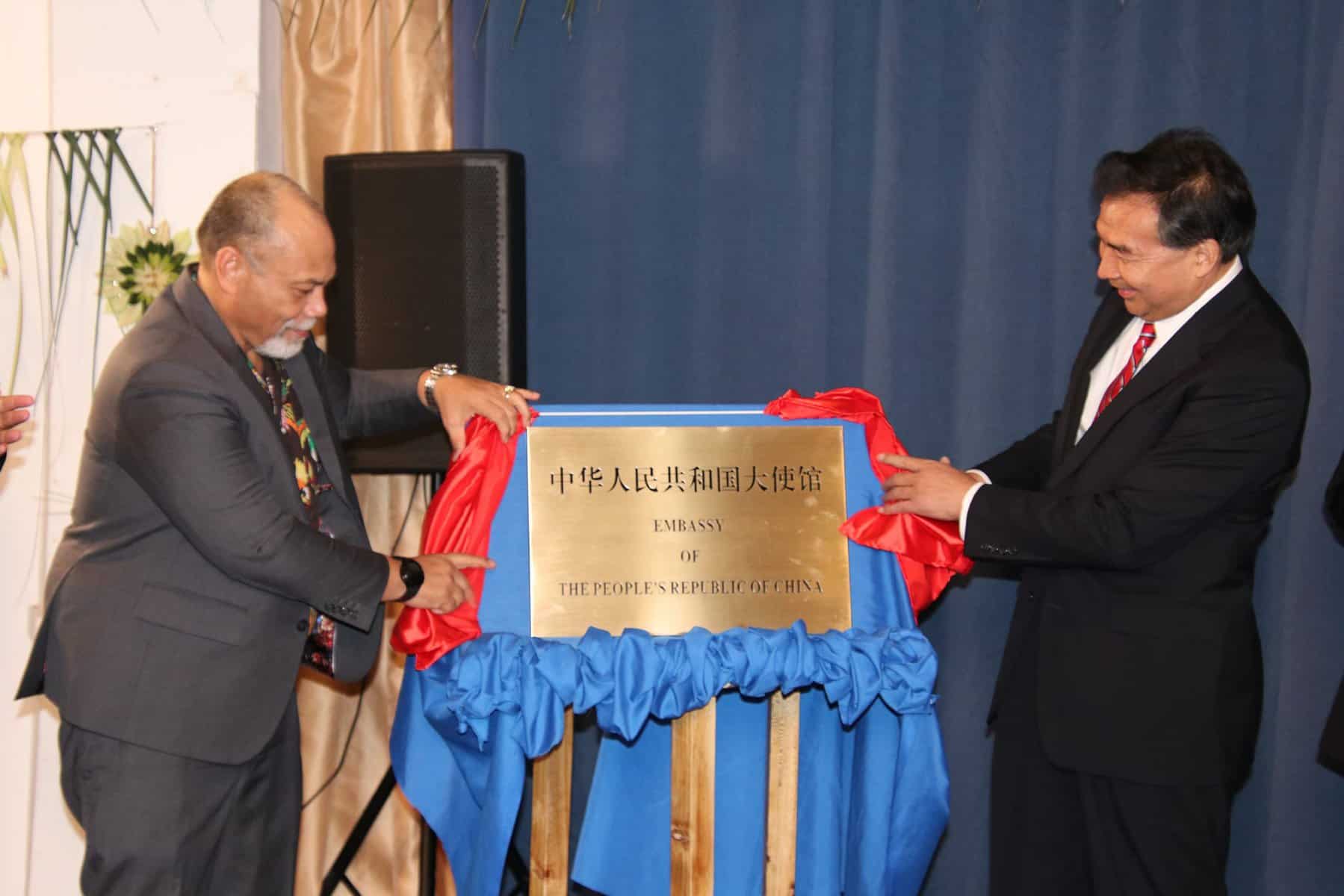Soon after Australia signed the Falepili union agreement with Tuvalu at the Pacific Islands Forum Leaders meeting in December, there was chatter that Nauru was next on the list for a similar deal with the Australians.
But then, the players hopped to different chairs. In mid-January, two days after Taiwan’s presidential election, Nauru announced it was going the One-China way “in the best interests of the Republic and people of Nauru,” scrapping its association with Taiwan since 1980 (with a brief, three-yearswitch to China from 2002 to 2005).
In the era . . .
Please Subscribe to view full content...
